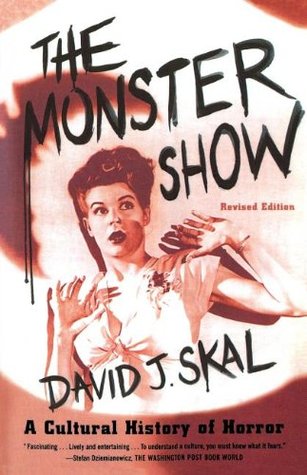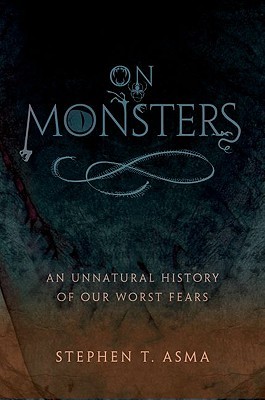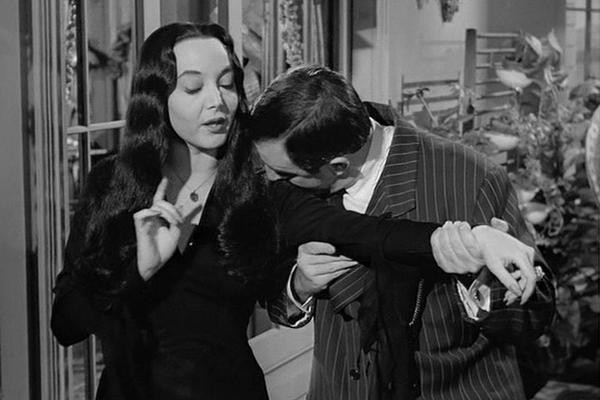 High-Rise by J.G. Ballard
High-Rise by J.G. Ballard
My rating: 4 of 5 stars
Although I did like parts of Ballard’s HIGH-RISE very much, I find myself with mixed feelings about the novel.
On the one hand, it is undeniably brilliant. The high-rise is the perfect setting for an examination of civilization in general and our social strata in particular, how everything is held together by a delicate truce that only just barely keeps our resentments and prejudices at bay. But when the power starts to fail and the building’s automated systems give out, that delicate truce is tested, then strained, then demolished altogether. Some have called HIGH-RISE a metaphor for our socioeconomic class system, and I can certainly see that, with the building’s warring factions eventually dividing themselves into its lower levels (as personified by the aptly named Wilder), upper levels (the equally aptly named Royal, also an architect of the high-rise), and the middle levels (Laing, perhaps named after the Scottish psychiatrist who wrote extensively on the subject of psychosis, from which pretty much everyone in the novel suffers). But the theme goes deeper than class warfare into a deconstruction of civilization itself. The residents of the high-rise begin to devolve, loyalties shrinking from strata to floor numbers to small, close-knit clans of neighboring apartments; residents paint tribal symbols on their bodies, some can no longer speak outside of animalistic grunts, and others hunt the hallways at night for food in the form of stray house pets and, eventually, larger game. In the end, there are even hints of a war between the sexes. It’s all quite brilliant.
On the other hand, the writing style Ballard employs is one that distances the reader and makes it very hard to connect with the material on an emotional level. Events are routinely summarized rather than dramatized, which makes it all feel a lot more casual than perhaps it should, and also, for this reader at least, made events harder to retain in my memory. By the time one of the characters encounters some dead bodies, I was surprised to learn that residents had started killing each other. Not because it isn’t the natural progression of the devolution occurring within the high-rise, but because we had not yet read about anyone getting killed. This enforced distance from the events of the novel makes it very hard to connect with anything except on an intellectual level, which I think may not be enough.
So, four stars from me for being a brilliant and timeless novel that’s well worth reading, but one that’s marred by an awful lot of telling instead of showing.





